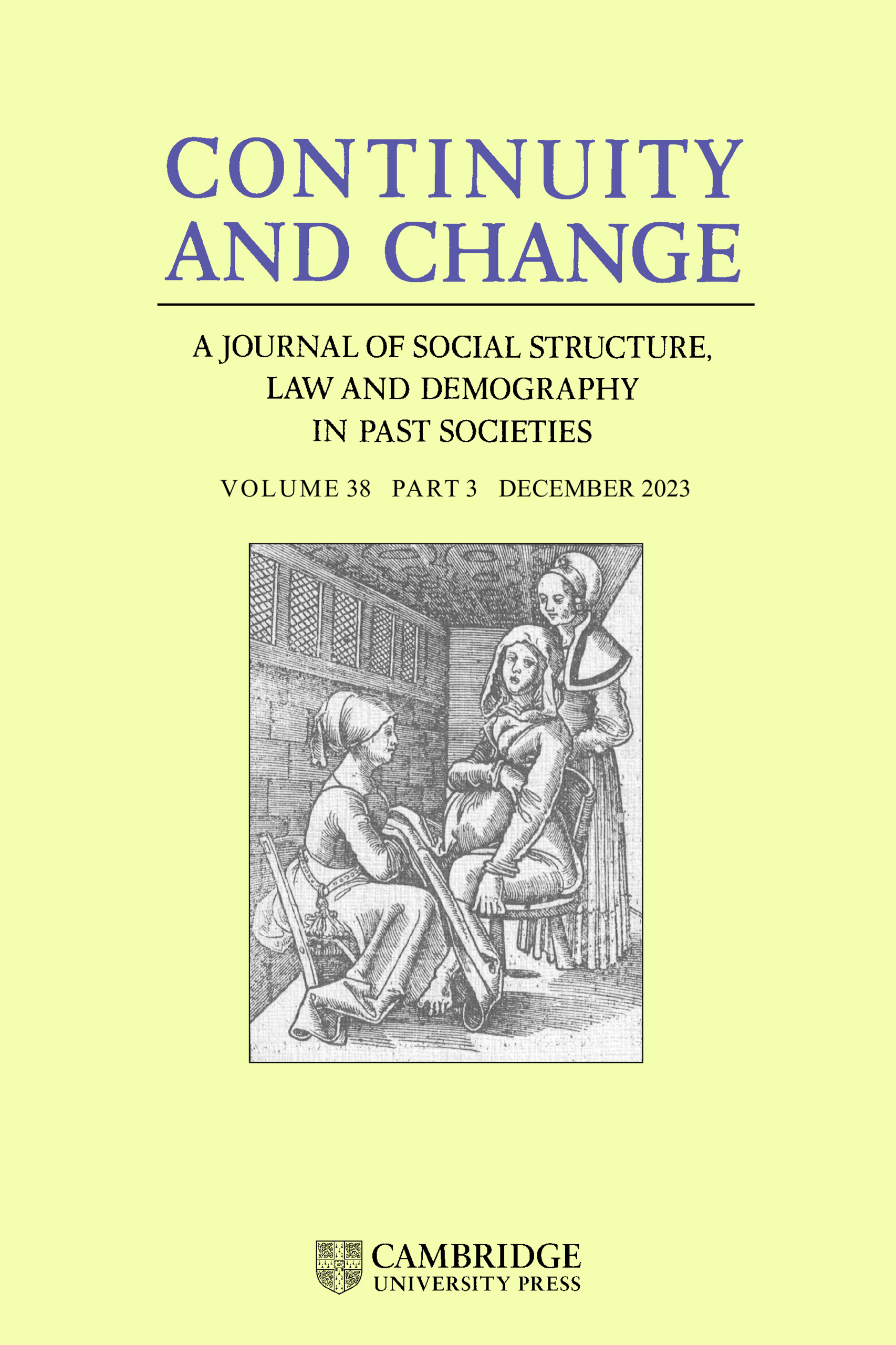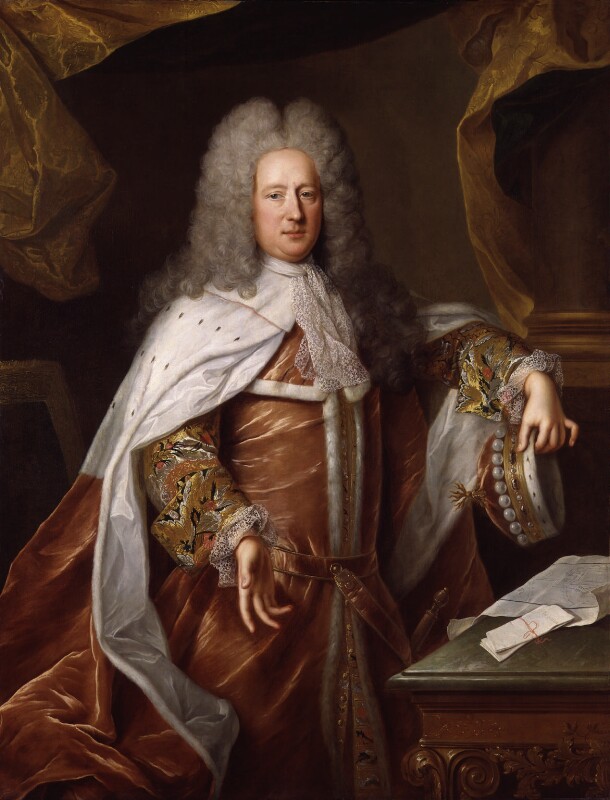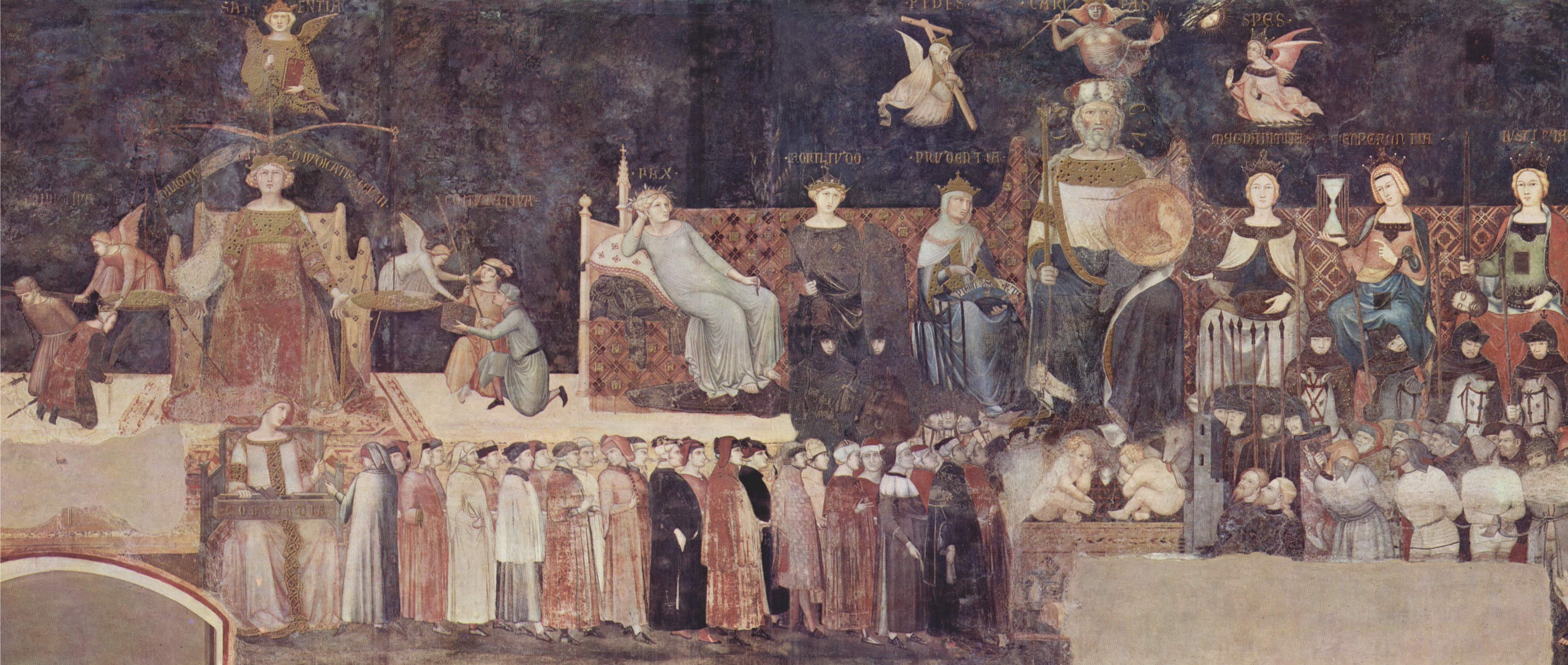(image source: LMU)
FRIDAY, February 25, 2019
Venue: Historisches Kolleg, Kaulbachstraße 15, 80539 München
9:00 – 9:15 COFFEE and REGISTRATION*
9:15 – 9:35 INTRODUCTION
Eva-Maria Muschik (University of Bern)
9:45 – 11:00 PANEL 1: Debating the Meaning of Decolonization – International Organizations as Venues
Anne-Isabelle Richard (Leiden University): “Negotiating Decolonization: African Delegates at the Council of Europe”
Elisabeth Leake (University of Leeds): “Debating Decolonization During the Soviet Invasion of Afghanistan”
Chair and Discussant: Jennifer Foray (Purdue University)
11:00 – 11:30 BREAK
11:30 – 13:00 PANEL 2: The Imperialism of International Decolonization
Giorgio Poti (American University of Rome): “The Matryoshka of Empire: Egypt, Sudan and the League of Nations, 1919 –1924”
Stella Krepp (University of Bern): “America Para Los Americanos: The British Caribbean, Decolonization and the Inter-American System, 1940-1969”
Angela Loschke (Leipzig University): “Development, Decolonization and African Relations: South Africa, the UN and the Creation of the Economic Commission for Africa, 1950-1958”
Chair and Discussant: Jason Parker (Texas A&M University)
13:00 – 15:00 LUNCH BREAK*
15:00 – 16:30 PANEL 3: International Organizations as Platforms for Anti-Colonial Struggles
Giuliano Garavini (New York University Abu Dhabi): “Baghdad 1960: the Birth of OPEC as the First International Organization of the Global South”
Jeffrey Byrne (University of British Columbia): “African Unity and the Competing Apparata of the Third World Project”
Alanna O’Malley (Leiden University): “A View from Inside: Examining the Agency of UN officials on the Committee of 24 in Reconstituting the Means and Methods of Decolonization from 1961-1975”
Chair and Discussant: Simon Stevens (University of Sheffield)
16:30 – 17:00 COFFEE BREAK*
17:00 – 18:30 KEYNOTE LECTURE
Susan Pedersen (Columbia University): “Legitimation Crisis: The Italo-Ethiopian Dispute in International Politics”
Introduction: Madeleine Herren-Oesch (University of Basel)
18:30 – 19:30 RECEPTION*
SATURDAY, February 26, 2019
Venue: Historisches Seminar, Ludwig-Maximilians-Universität München, Amalienstr. 52, 80799 München; Room: K 001
9:30 – 10:30 PANEL 4: Shaping Decolonization through Advocacy, Standard Setting and Law Making
Meredith Terretta (University of Ottawa): “Early Human Rights NGOs, Anticolonial Activists and Freedom of Movement in Decolonizing Africa”
Bastiaan Bouwman (London School of Economics): “Christianity after Empire: The Ecumenical Movement’s Advocacy of Religious Freedom in Decolonizing Indonesia and Nigeria, 1945-1960”
Boyd van Dijk (University of Amsterdam): “Pluralizing Colonial Sovereignty: Creating International Law for the Wars of Decolonization”
Chair and Discussant: Pamela Ballinger (University of Michigan)
10:30 – 10:45 COFFEE BREAK*
10:45 – 12:15 PANEL 5: Decolonizing Knowledge and Expertise
Bogdan Iacob (University of Exeter): “Malariology, Peripheries, and Decolonization: East European Experts from the League of Nations to the World Health Organization”
William Carruthers (University of East Anglia): “Archaeological (Non?) Alignments: Egypt, India and the Scientific Geographies of UNESCO’s Nubian Campaign”
Su Lin Lewis (University of Bristol): “Competitive Cultural Diplomacy and Civil Society in 1950s Burma”
Chair and Discussant: Jessica Pearson (Macalaster College)
12:15 – 13:15 LUNCH BREAK*
13:15 – 14:45 PANEL 6: Decolonization and Humanitarian Interventions
Noelle Turtur (Columbia University): “Mothers without Milk: A Humanitarian Crisis in British Occupied Italian East Africa”
Brian McNeil (US Air War College): “The Battle of Geneva: The International Committee of the Red Cross and the Humanitarian Crisis in Biafra”
Emily Baughan (University of Sheffield): “Decolonising Development? The International Council of Child Welfare in Western Nigeria, 1963-1970”
Chair and Discussant: Tehila Sasson (Emory University)
14:45 – 15:00 COFFEE BREAK*
15:00 – 16:00 CONCLUDING DISCUSSION
Introduction: Roland Wenzlhuemer (Ludwig Maximilian University of Munich)











